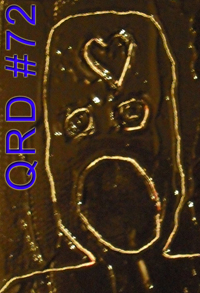
 |
| about
this issue Label Owner Interviews: Silent Media Projects Fruits de Mer Records At War With False Noise J&C Tapes Fourth Dimension Velvet Blue Music Projekt Records Consouling Sounds Felmay Records Lathelight Ltd FilthyBroke Recordings ViVeriVive Public Eyesore Guitarist Interview: Christian Berends Comic Creator Interviews: Casey Brillon Ayal Pinkus Maxime de Radiguès Comic Shop Owner Interviews: Bombshell Comics Jesse James Comics October Country Comics Christian Musician Interview: Baptizer |
 |
 |
 |
 |
 |
 |
 |
|
|
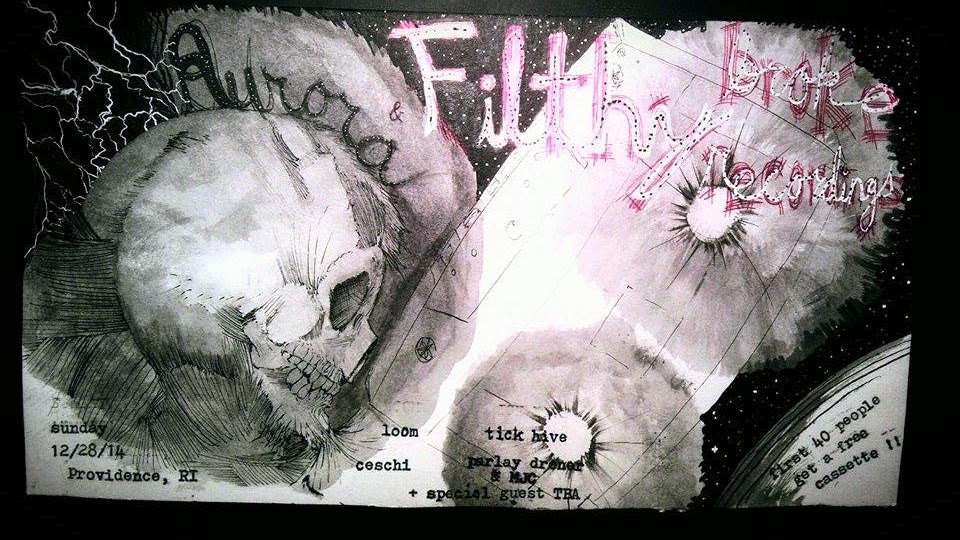 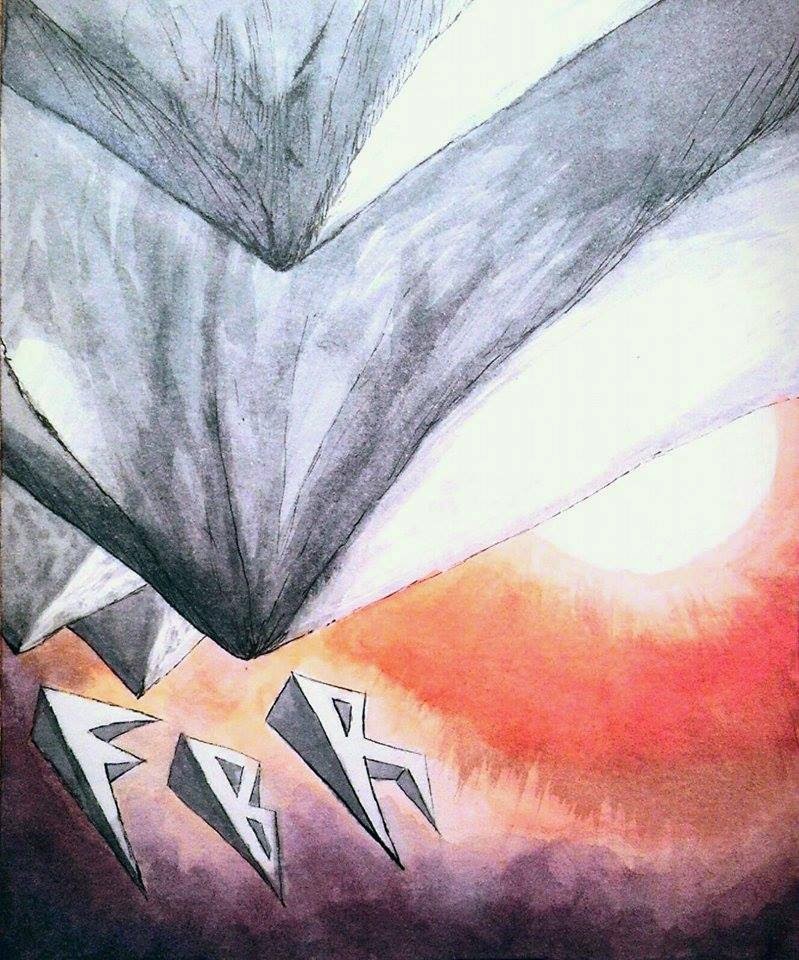 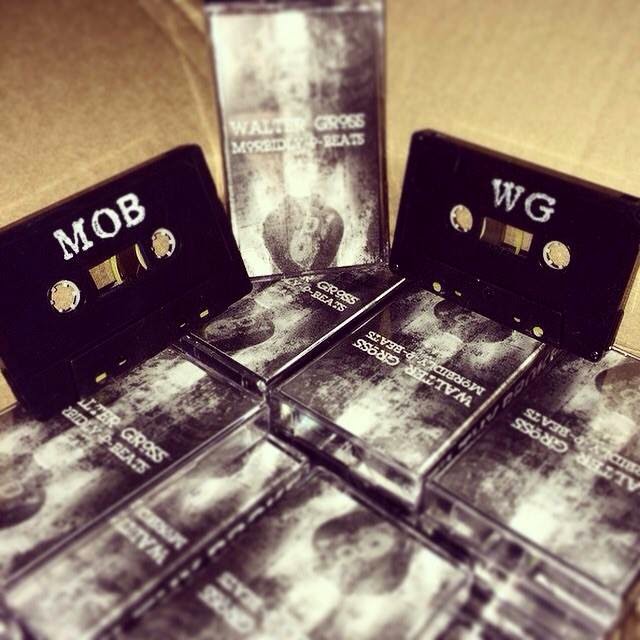 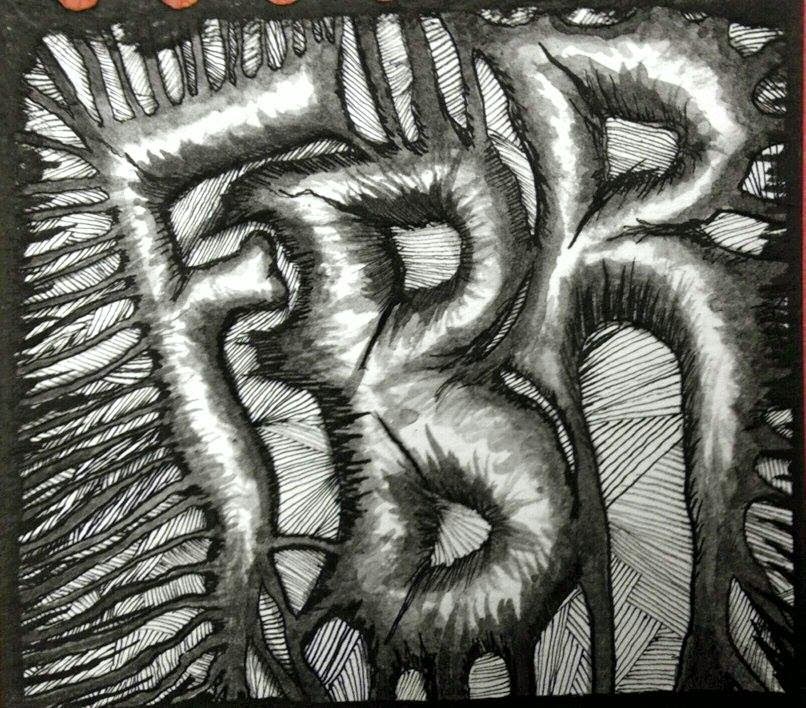 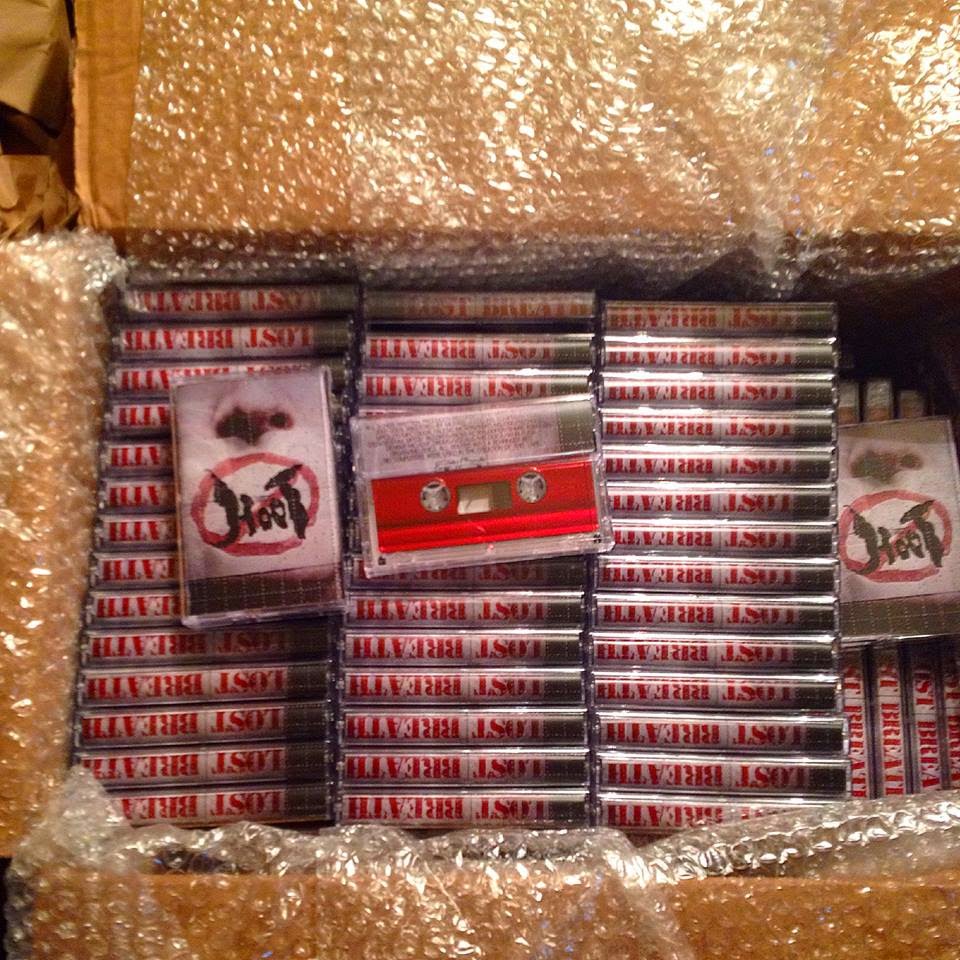 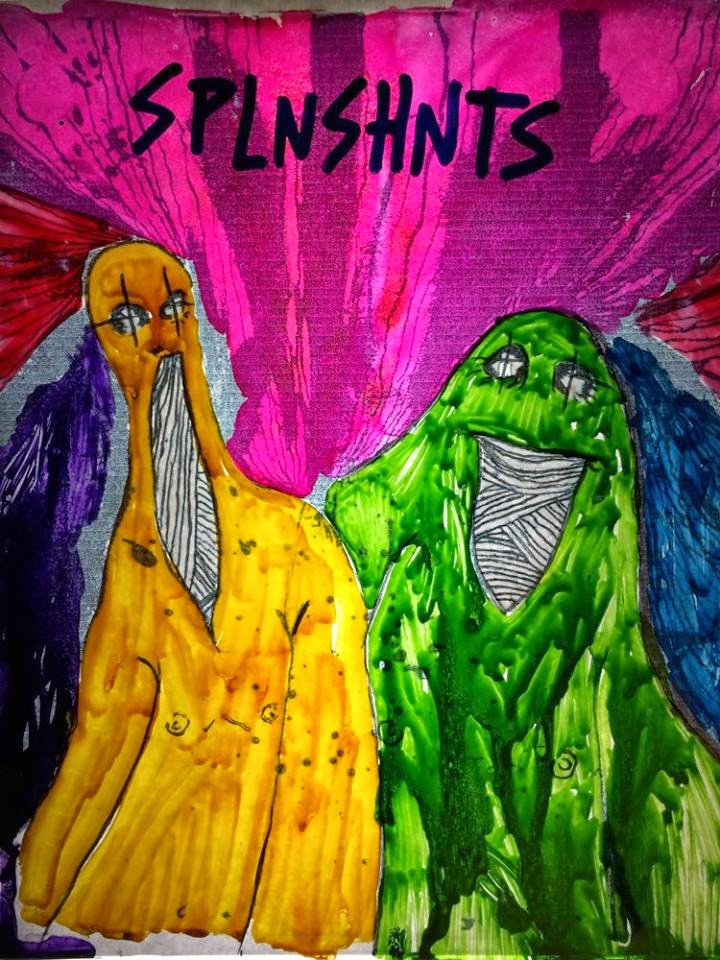 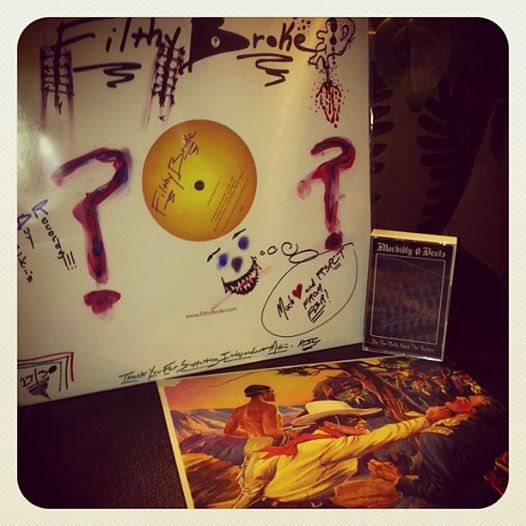 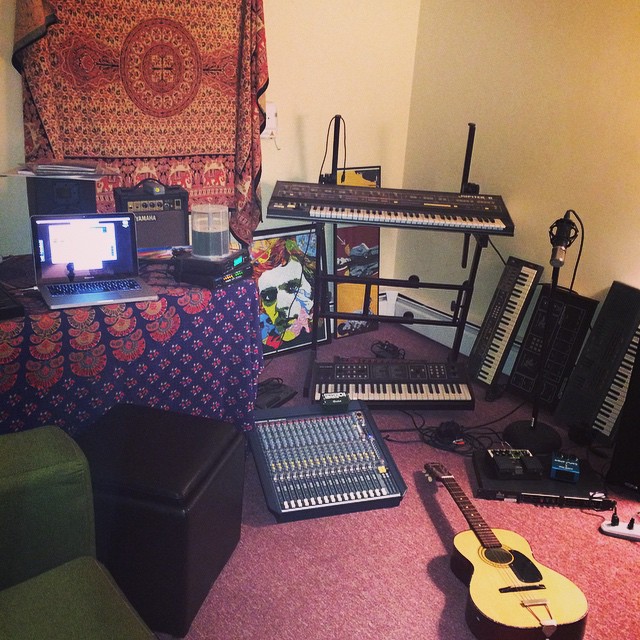 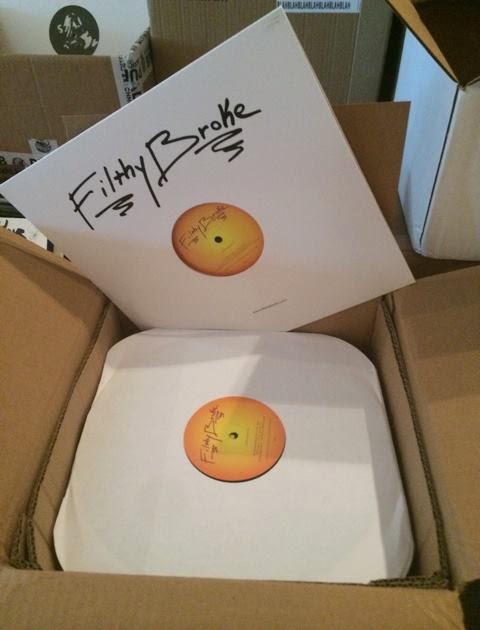 |
April 2015
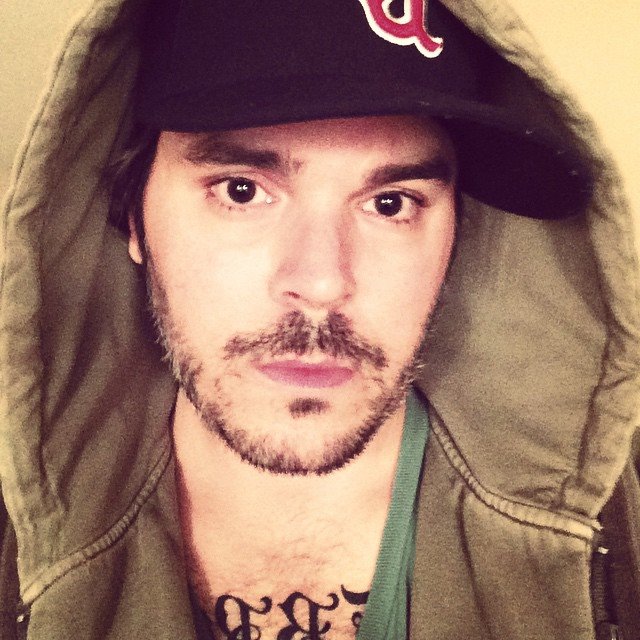
Label: FilthyBroke Recordings
City: Providence, RI
Artists Roster: Thus far: Odd Nosdam, MJC, Ceschi, Morbidly-O-Beats, Zackey Force Funk, Benito, Hoot, Zha, Walter Gross, SPLNSHNTS, Parlay Droner
Websites: http://filthybroke.bandcamp.com, http://filthybroke.com, http://soundcloud.com/filthybroke,
http://www.facebook.com/pages/Filthybroke-Recordings/402693893159948
QRD – When & why did you start your label?
Michael – Exactly one year ago we had our first official release. It was a 12” compilation. Truly, the label was a necessity for me. I consider myself a recording artist, a DJ, first & foremost. I simply love music, a myriad styles. I had become frustrated with feeling “stuck” making the same type of music over & over.… I am very grateful for the labels that released my music, however I needed an outlet to put out whatever the hell I wanted. No regard for genre. It became an outlet for myself to make weird music initially, but then quickly turned into something else.
QRD – Where did you get the money to finance your first few releases?
Michael – I had a career as a psychotherapist, inherited a very small some of money along the way also. Had some money stashed to invest into a label, which I knew was a terrible idea financially.
QRD – How many releases have you put out?
Michael – Three physical releases.
QRD – How many releases would you like to do a year?
Michael – Likely 5 or so.
QRD – How many hours a week do you work on the label & how many would you like to?
Michael – As you know, it’s sorta a 24 hour-a-day deal. Always thinking, networking, talking to people when playing shows, then the shipping & coordinating art & release dates & such. At this point I’m basically distributing myself, I plan to get the remaining stock of our first release back from our original distributor.… I move them better myself, just hate having to charge so much for overseas shipping.
QRD – How do you feel labels are more & less useful to artists now than they were five years ago?
Michael – This seems to have been a hot topic lately & something I considered when I started FBR. I mean, logistically, there really is no reason for an artist to sign with a label ha-ha. In my opinion one can truly be a one-man/woman cottage industry. From home, really. & the artist then retains all control & profit. On the flip however, getting hooked up with a good label can be very helpful. I speak from my experience signing some somewhat successful records to labels & my music reached a much larger audience & much faster, than had I gone it alone. Also, it gives artists an opportunity to link up with/establish relationships with labelmates. For example, we like to do showcases. Having artists as diverse as Walter Gross & Ceschi share the stage is very exciting, I like seeing genre boundaries crumble. We’re sorta all a little family; I’m just another artist on the label myself really. & though we all do our separate things, we met through all working together over time. This really pays off in my opinion. & I love labels helping other labels.
QRD – What do you feel is the biggest waste of your time running the label?
Michael – Great question... Spending time online.
QRD – What are some labels you admire or feel a kinship to?
Michael – Greta Cottage Workshop in the UK, Fremdtunes in the Netherlands, I Had An Accident out of Maryland, Chloe Harris’s Further Records, Wharf Cat Records, Load Records, Stones Throw... I learn a lot by watching these people & how they work.
QRD – What other work experiences prepared you to have a label?
Michael – I majored in Psychology at University, worked as a therapist & mental health administrator for many, many years. I think having a deep understanding of motives is important in this business. I keep a very small, tight circle. I’ve been screwed over, moneys still owed.… Being trusting is no longer a strong suit.
QRD – What makes your label special & unique?
Michael – I’d like to think simply this: We put out whatever we want whenever we want by whoever sounds good & is down to do a release. I don’t care if it’s a “Big Name” producer or someone with four Soundcloud followers. I like what I like, sales will always be tough with a model like this, but I am a patient person & think it’s all about the long game.
QRD – How has your physical location effected your label?
Michael – Very much so. After divorcing & moving from the West back to the East Coast, my focus on beats & dub more sunny, electronic sounds has expanded. There is a lot of amazing noise & heavy electronic music here & I want to be a part of my community here in Providence. Thus, I am currently lining up our first release by a local act. There is so much amazing stuff happening I want to help however I can... From hard abrasive electro/techno to experimental noise. & yes, Hip Hip is always in the mix.
QRD – Do you enjoy music as much now as you used to & how has running a label effected how you listen to/hear music?
Michael – Yes & it has not affected it.
QRD – What’s your demos policy?
Michael – We actually don’t take demos. I prefer to just work through friends to discover/holler at a potential release or just search the internet for a hidden gem.
QRD – How do most fans find out about your label?
Michael – Word of mouth, slow & steady. I’m old & still sorta run things like it’s 1996 ha-ha.
QRD – What are some things that would make you stop working with a band?
Michael – I’ve learned a lot quickly.… If I get any vibe of dishonesty or big ego, I’m done. Out. Thus far we have kinda kept things within a very tight circle, but that is really starting to expand. There’s a ton of great music & people out there.
QRD – How involved are you with a band for acting as a producer as far as hearing demo ideas or selecting tracks to be on a release or mixing & mastering?
Michael – Until now I never really considered that.... I actually do have a lot to do with all of that. I mastered one of the songs on our first 12”, the other songs by Matthewdavid of Leaving Records/Stones Throw. I also mastered our other two physical releases. Curated the second tape in that Hoot & I discussed what would work best & thankfully were on the same page. He had sent so much great archival material. I do the vocal engineering in the Zha project, Hannah Mickunas is the vocalist/songwriter/vocal production guru... I just send her bounces of the properly compressed vox until she feels good with it. Maybe I add some reverb too.…
QRD – How involved do you like to be in the artwork design for a release?
Michael – A lot. We have an art director, Parlay Droner. He is my bandmate in SPLNSHNTS. We recently dropped a digital EP on the label... Anyway, he is kinda the person that is able to translate our ideas into a cohesive visual narrative. The three or four pieces he has contributed thus far kinda add to the aesthetic of FilthyBroke Recordings. Often dark, sometimes blissful... Kinda like the music we put out.
QRD – What’s a record you’d like to put out that you’ll never be able to?
Michael – I wish I put out Aja by Steely Dan ha-ha-ha.…
QRD – If you really like a band, but aren’t sure you could sell many copies of their record; what do you do?
Michael – I take a risk & maybe do a cassette/digital release. Over time, back catalogs seem to sell if the label keeps things fresh with new releases. That kinda speaks to what we discussed before as far as an artist needing exposure signing up with a label to do a release. All of the fans of the established artists on the label may likely see his/her stuff as well.
QRD – How is financing of a release split between artists & the label?
Michael – I finance everything.
QRD – How do you split profits from a release between artists & your label?
Michael – Basically 50/50. Or if a remix is involved, a flat-fee has been a great way to just get it done.
QRD – Do you have written contracts with your bands or handshake deals?
Michael – Totally depends on the artist. If I am not familiar/friends with the artist, I will send an agreement. Protect us both.
QRD – Do you take a cut of a band’s publishing?
Michael – No.
QRD – How important is it to you to have touring acts on your roster & what do you do to encourage it?
Michael – I do like to have a nice mixture.… Established, touring artists mixed with the lesser-known artists. It is often exciting for, say, an established artist that typically releases on hip hop labels put something out with a label like us… that puts out noise, pop, dub, whatever.… It can expand their audience a bit. & for the newer people, having that association with larger artists helps them build fanbases. Those artists we have worked with that are touring like crazy certainly help get the word out on a face-to-face level. I feel that is huge, really connecting with people.
QRD – Do you handle promotions in house or hire out & why?
Michael – All in-house.
QRD – How do you maintain contact with your fanbase?
Michael – Online, but really I feel less is more these days. Post what’s important & then chill. & by playing shows, having our artists rep at shows, etc.
QRD – How has running a label effected your own artistic career?
Michael – Wow, it sort of obliterated it for a while truthfully, I felt like I never had time to write... I mean aside from the few things of my own that FBR put out. However I am finding a really nice balance these days. Being back in Providence, making new connections, going out rather than being online all the time.… I have been inspired & have found more time to write. Thankfully I am involved in a few upcoming releases on other, better labels ha-ha-ha.…. As I said, I consider myself an artist first. The label has to be fun or I would quit it.
QRD – What do you do to try to build a sense of community within your roster?
Michael – I enjoy this question, it has a lot to do with what I was mentioning before. For the most part, every artist we have worked with continues to push us & we push them. We push the labels they are working with. It is all about cooperation in my opinion. We have built a nice, close global family & we all lift each other up, no ego.
QRD – Do you worry about search engine optimization & website traffic?
Michael – I likely should, but do not.
QRD – Do you think the album format is dead?
Michael – Absolutely not, I think it is stronger than ever.
QRD – Do you think the return of vinyl & cassettes is a fad?
Michael – I truly do not! People that love music have lived through a digital time that was & continues to be amazing. However, I think people always want to hold something special, like a limited record or cassette. I firmly believe this is just gonna continue.
QRD – Is it important to have physical releases over digital ones or does it not matter?
Michael – In my opinion, yes. Physical releases take time, money & a lot of thought. I think that translates into a certain credibility as far as artists wanting to work with a label. Also, physical releases can foster a fanbase for the occasional digital release.
QRD – What do you think of ultra-limited runs of releases (less than 100 discs)?
Michael – I love them. They’re special.
QRD – How much content do you feel should be available free to fans?
Michael – Aside from the vinyl/cassette revival, most people don’t buy a lot of music. Except for the real hardcore fans. That being said, after a short time, we often make the digital versions of our releases free. I’d rather people hear the music & then maybe consider buying a record or a cassette the next time we drop something. Maybe they’ll keep an eye on what we are doing.
QRD – What do you do about people distributing your music without financial compensation (piracy & file trading)?
Michael – Nothing. I gave up.
QRD – What would you suggest to someone starting a label today?
Michael – Honestly, I would advise against it. I really would ha-ha-ha. Like I said, I had to do this or I likely would have quit music. I guess unless you find yourself in a similar existential situation, don’t do it!
QRD – Music has had different hotspots on the internet over the years (newsgroups, MP3.com, MySpace, LastFM), but when MySpace died there was no real space that picked up the torch, what do you see as the place where “normal” people go to find out about & get excited by new music?
Michael – Soundcloud, Pandora, Spotify, Bandcamp.
QRD – Spotify has become an undeniable force that has reduced download sales while (allegedly) fighting piracy. In the end what is good or bad about it for you as a label & do you embrace it?
Michael – I hate it.
QRD – With the rise of social networks & trusted download shops, has your own website become less important than it was a few years ago?
Michael – Well, though we are only one year old, I have basically abandoned our website. I have filthybroke.com & it links to a blog that I sporadically remember to update. It’s funny, after thinking about these questions I can say something with certainty ha-ha: I am not a “Big Label Record Guy.” I suck at promo at times, I do not believe in immediacy in that I don’t mind releases taking a while to catch on, I will sign stuff that likely won’t sell for a long time if ever... I mean I’m focused on some Providence acts that may not sell at all. I don’t care, they are so talented. I’m gonna die one day, so if I end up with some boxes of unsold music I am ok with that. At least I tried to make something available that I found beauty in, was able to display true support & enthusiasm to an artist that deserves it & at the end of the day I will never make a lot of money doing this. Thus, I try to keep it fun & family-oriented. Treat people with respect. Establish amazing relationships. I’ve been able to travel the country & meet most of the folks we’ve worked with... Odd Nosdam crashing on my floor was really an amazing experience & that’s why I do this. The label leads to experiences that allow me to push my solo career. If I am then able to play shows & sell some merch, I’m good.
QRD – In 20 years what do you think/hope your label will be known/remembered for?
Michael – Wow... Pardon my language, but I hope people realize we truly give no fucks & only care about doing what we believe in. That’s what I want. & that we were always kind, down-to-earth, honest, & fun as hell to work with.
QRD – Anything else?
Michael – Not really, but truly Thank you for the opportunity. It was a pleasure to discuss many of the aspects of running a label that often get overlooked in other interviews. Even I hadn’t thought of a lot of this stuff in a long time. Can’t believe it’s been a year.… Again, thanks so much for listening & letting me rant a bit. Pleasure was all mine, sir.
